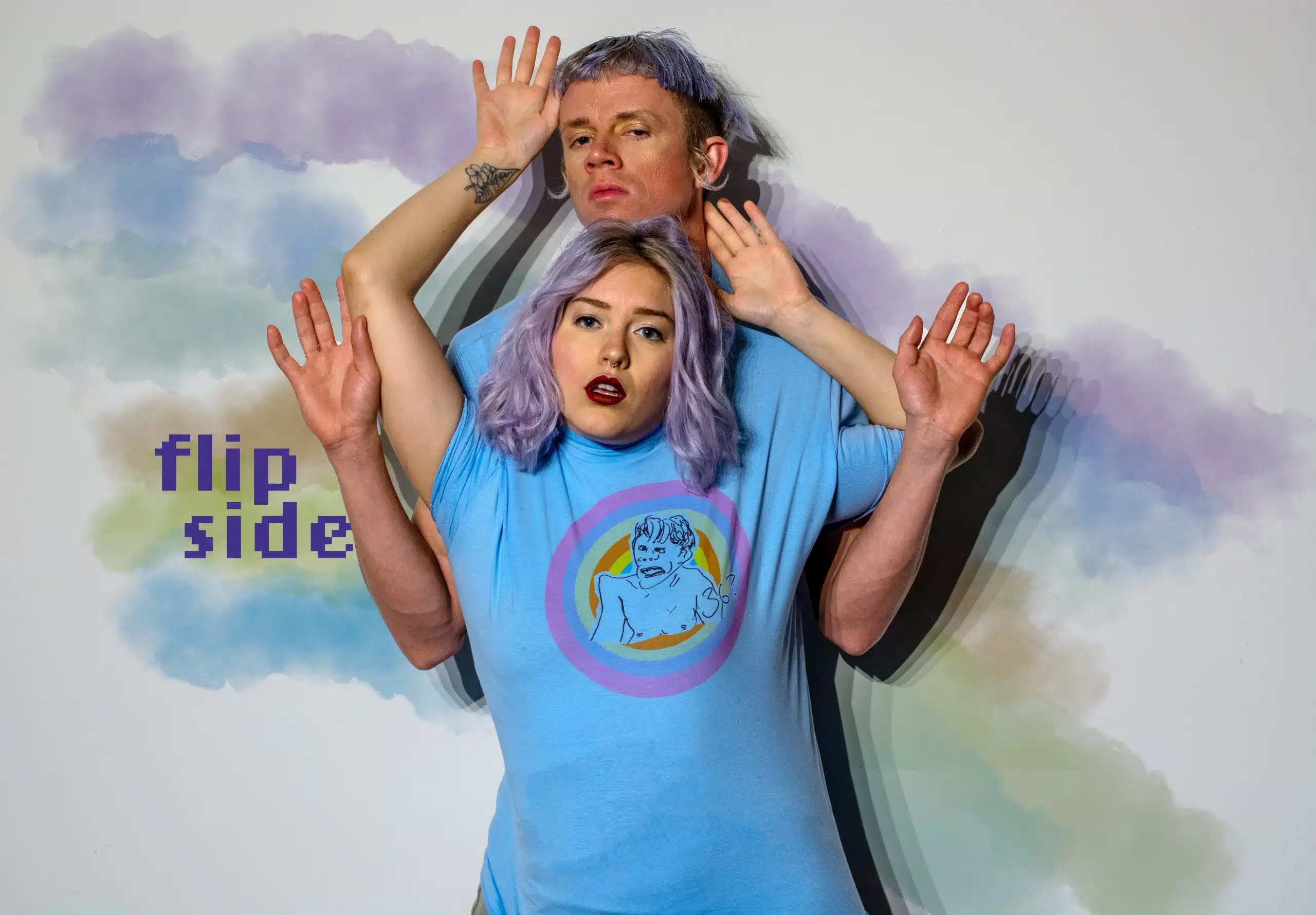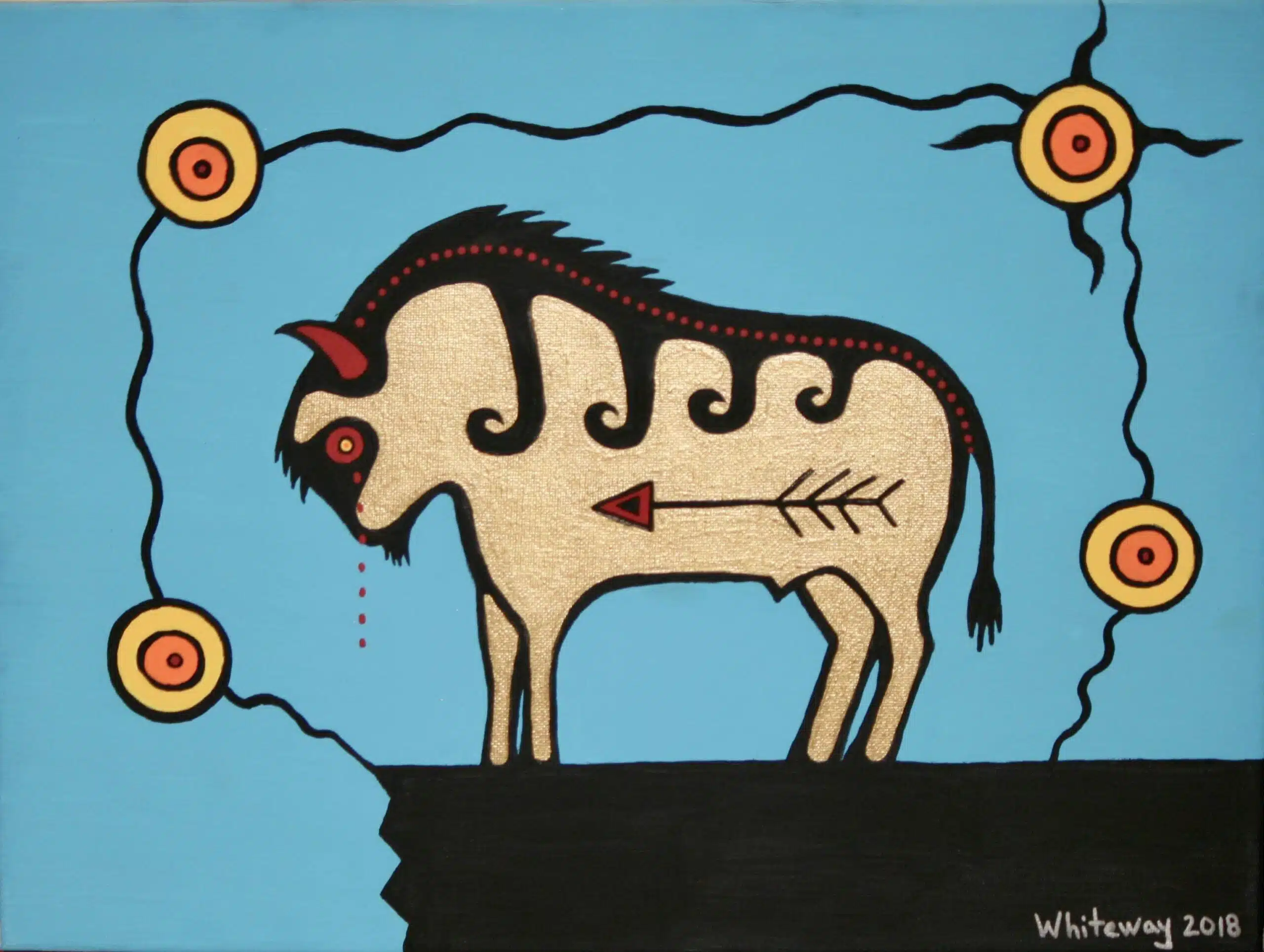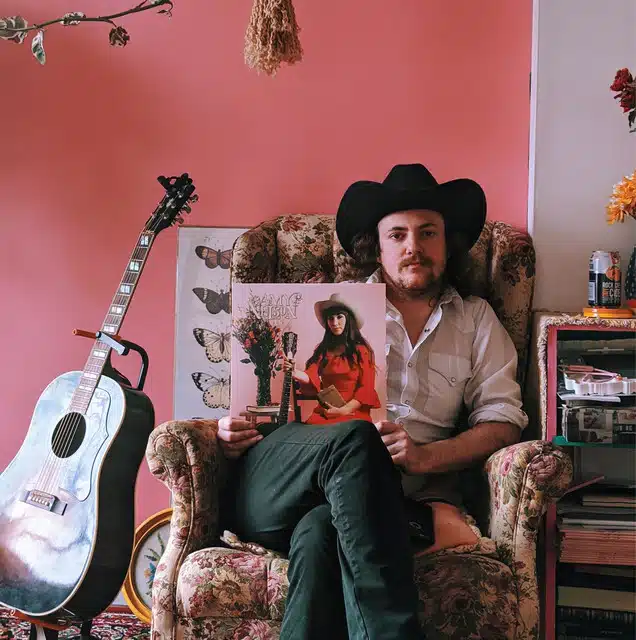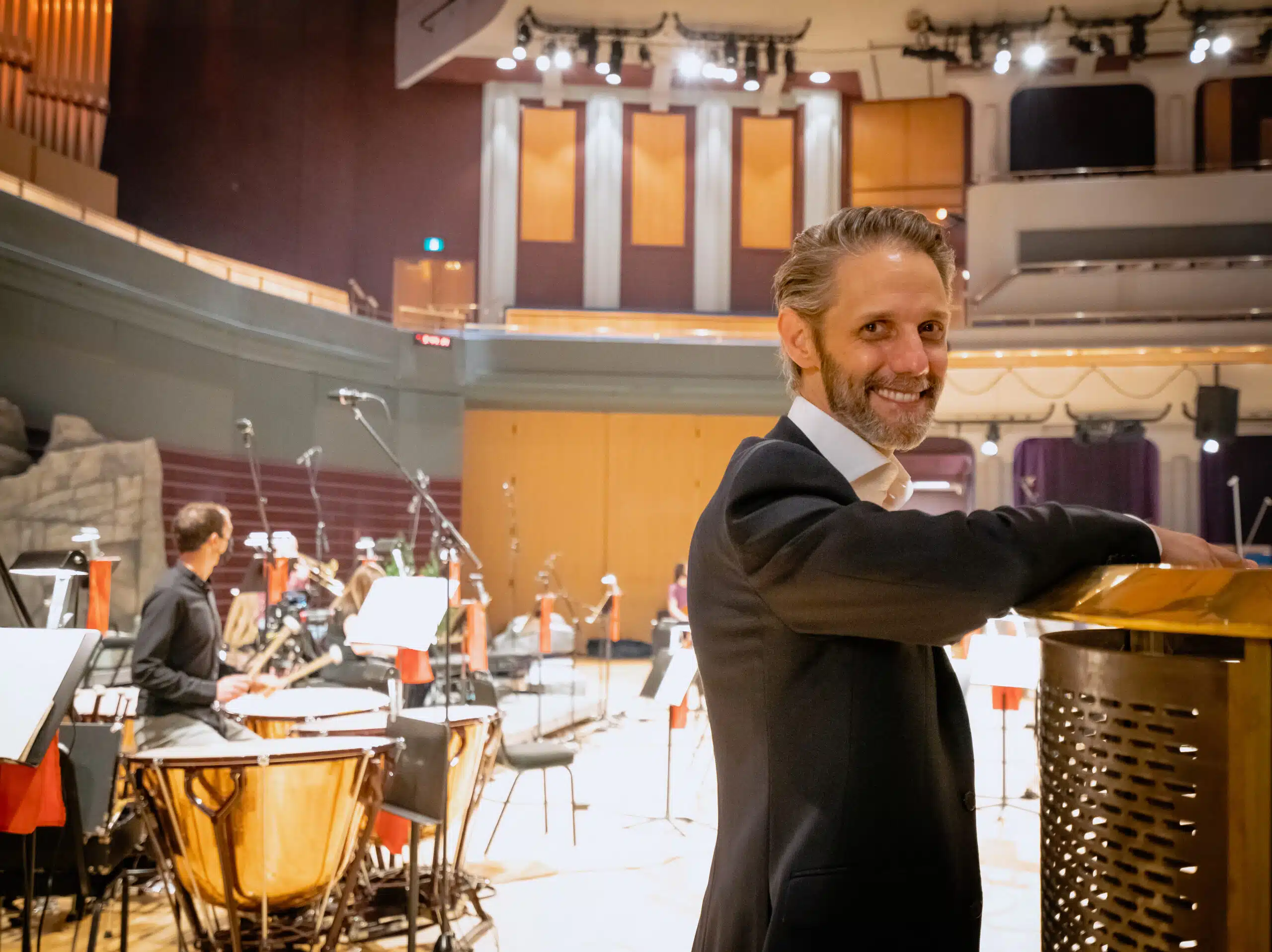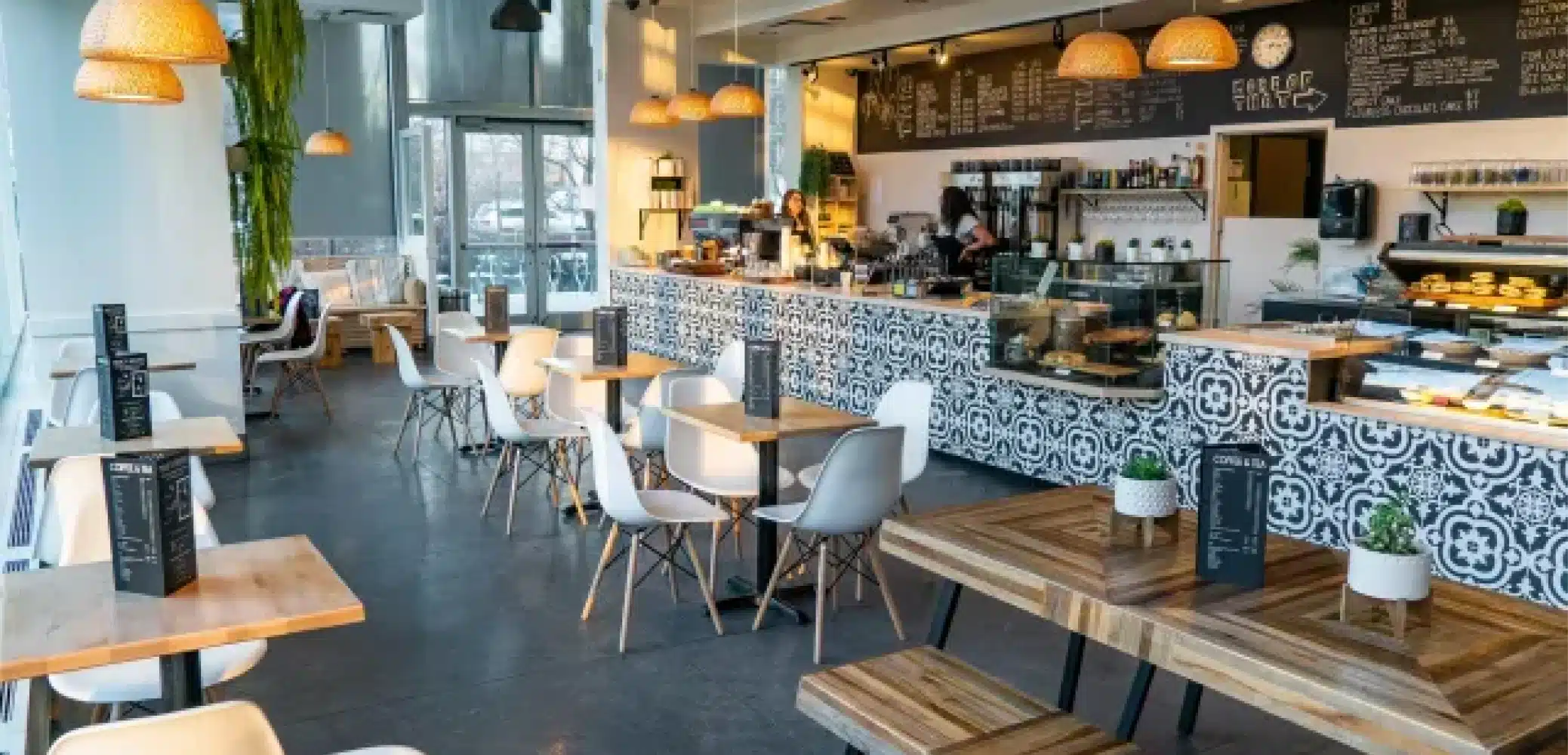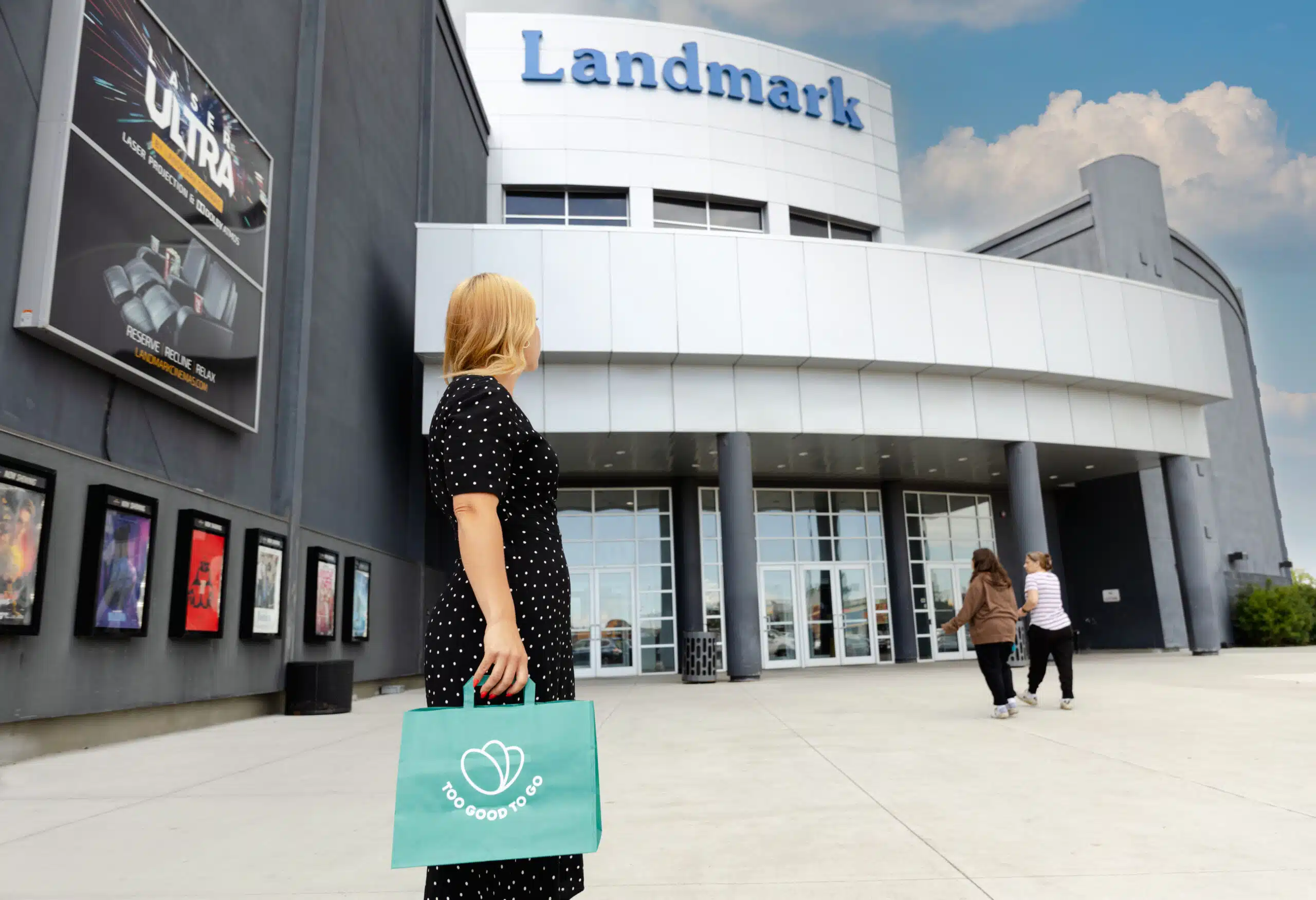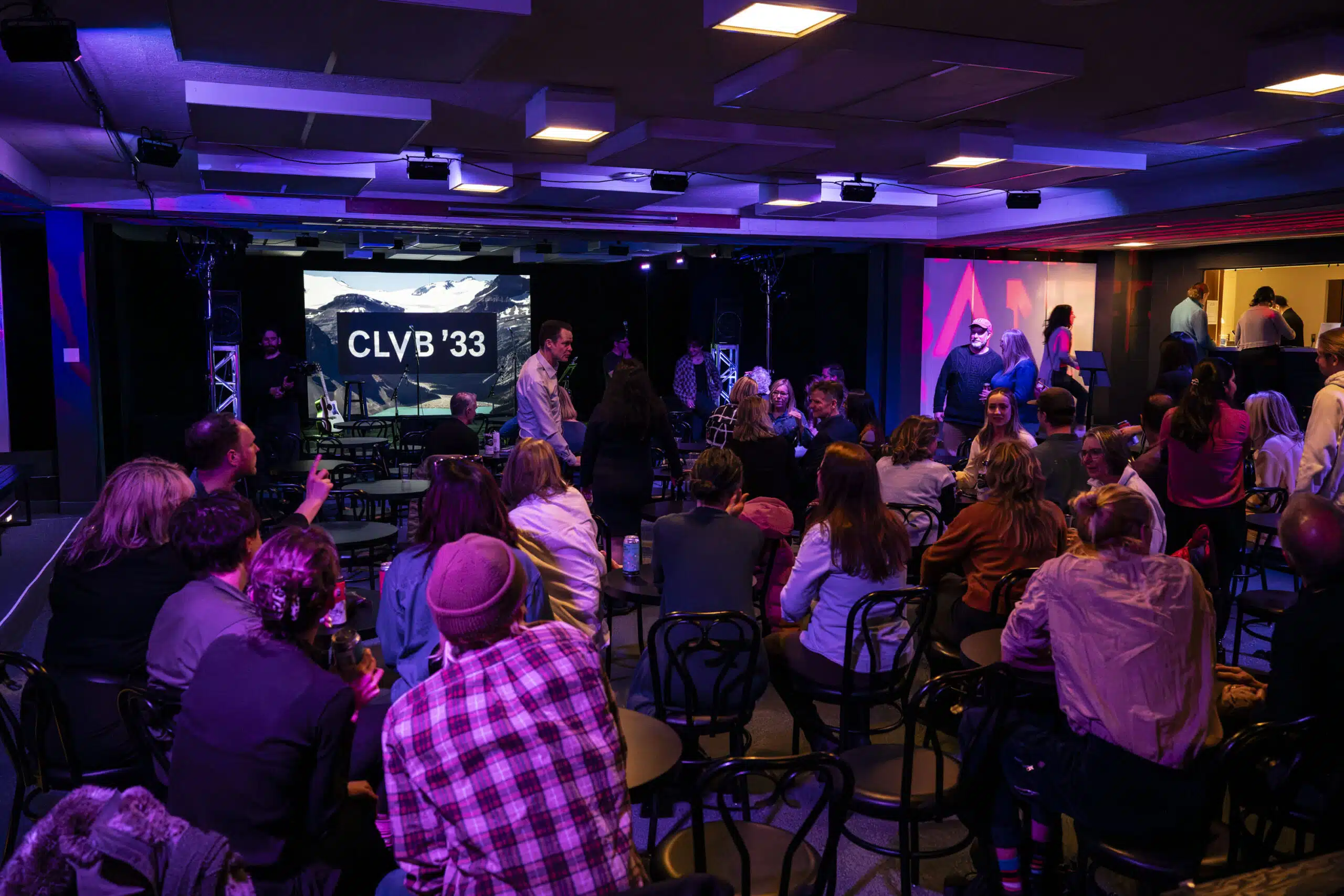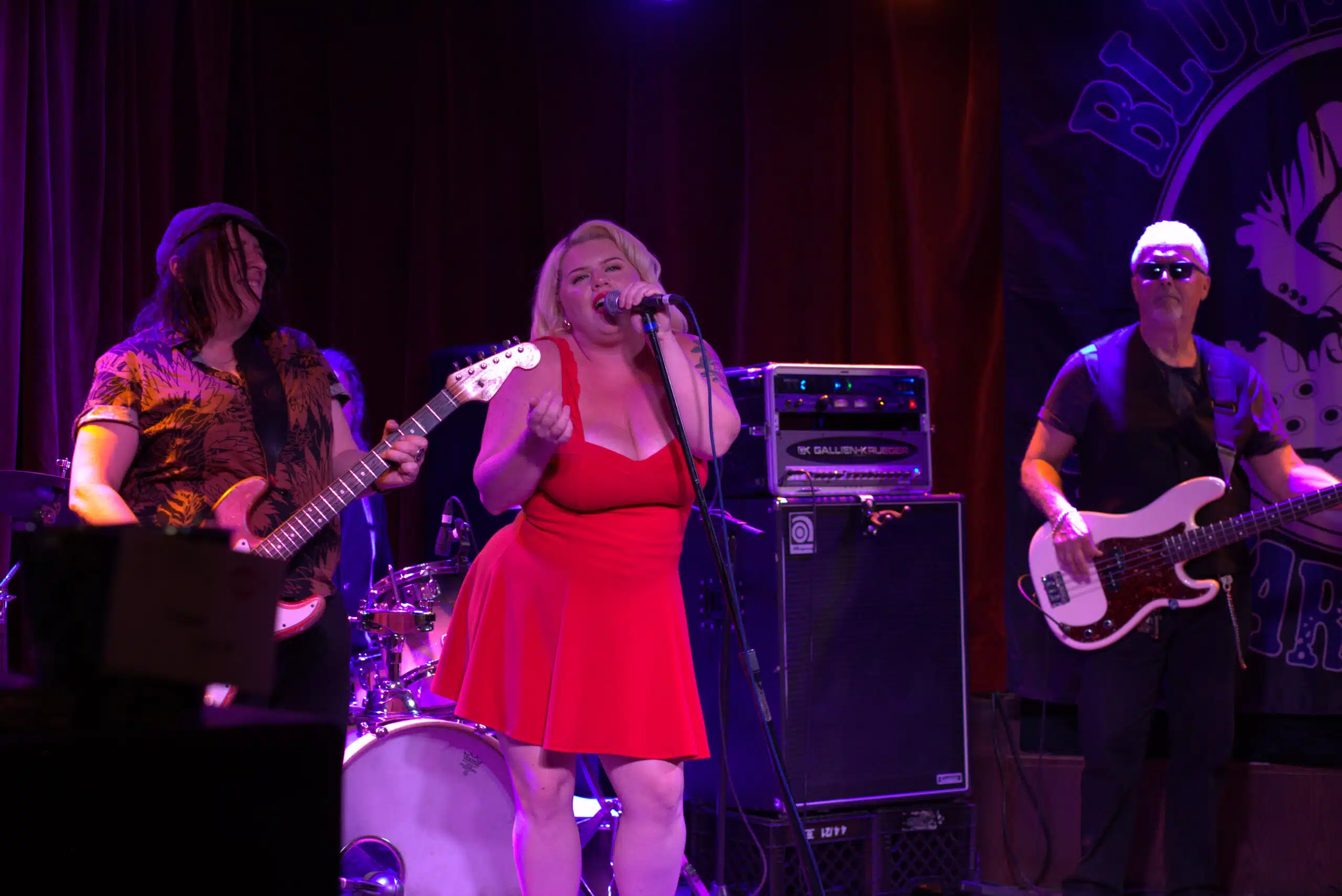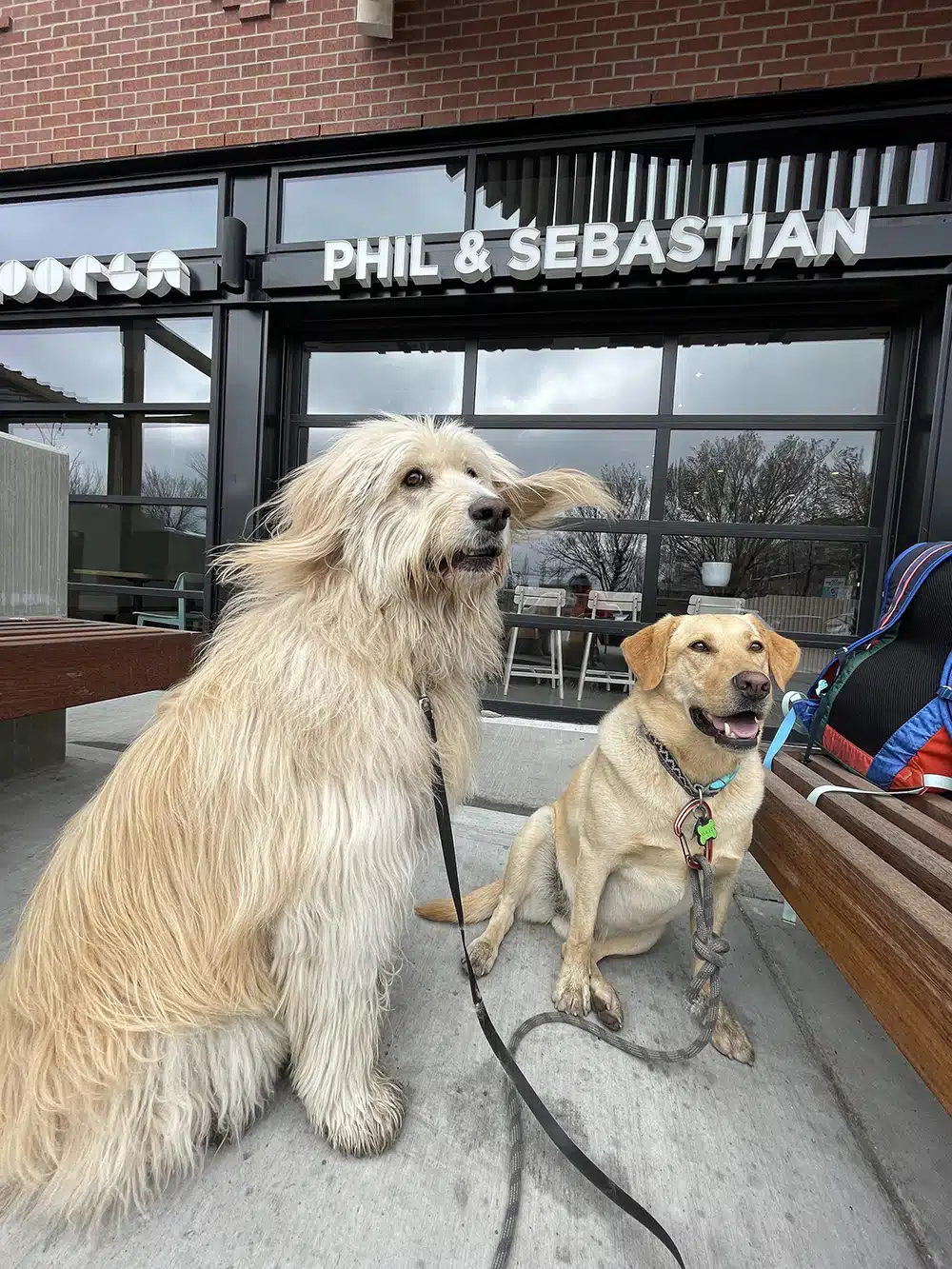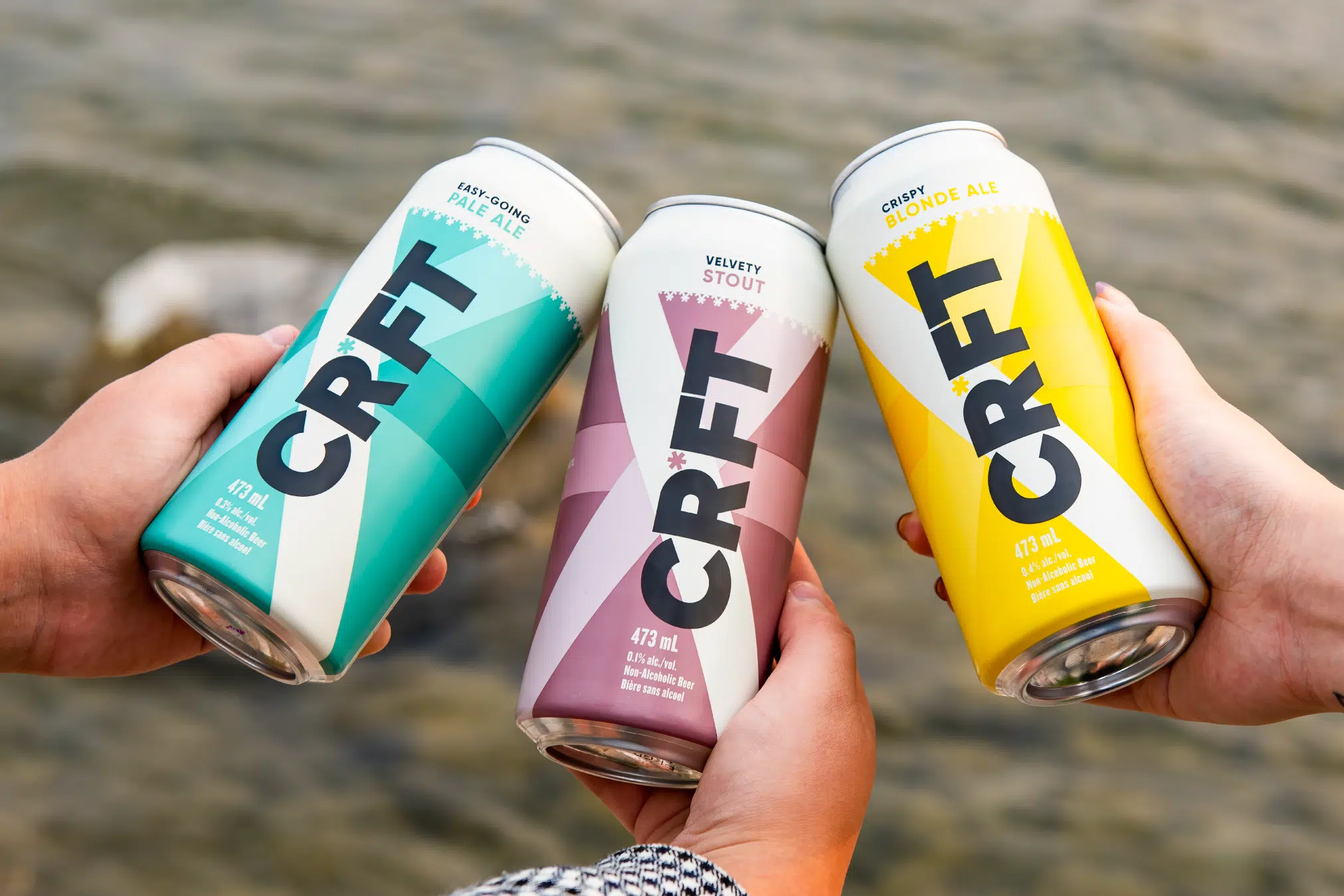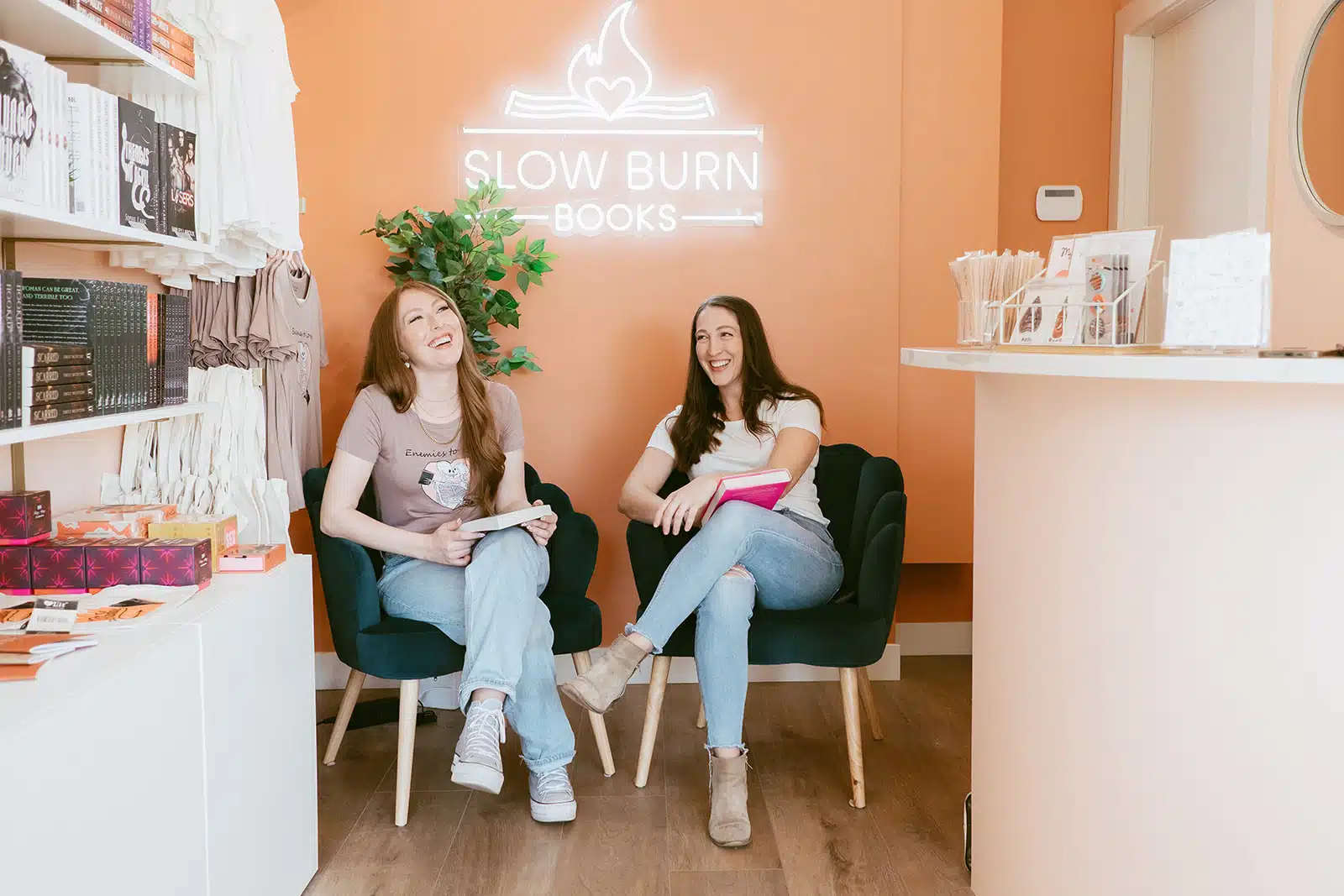“Run away with me. We could make beautiful music together.”
It’s a cliché from songs, cartoons and movies, but, in the case of singer/songwriters Laura Hickli and Taylor Cochrane, it fits. It fits them in a way this world perhaps hasn’t, what with Hickli’s, um, interesting childhood and Cochrane’s journey as an autistic person living with ADD, but, despite or more likely because of these nuances, the couple do, indeed, make beautiful music together.
That beautiful music will be in full bloom with the release of their shared album featuring Naturally by Cochrane’s project 36?, with which Hickli plays and sings, and Hickli’s Both Feet in the World, At Least I Can Stand, to be released Oct. 7 on Montana’s North Pole Records.
Spinning that vinyl, 36? speeds you down Strange Street right away, past David Lynch’s Blue Velvet house, with weird pop touches, crunchy guitar that swallows itself and preternatural moments.
Flip it over and Hickli eases you along a boulevard of broken nightclubs, where tinkling piano underscores naked, jazz club vocals telling of choices, and where music from the club next door drifts past, a little darker and stranger, but still simple and beautiful. Simply beautiful.
And that kind of sums it up. The music is alluring, unnerving, elemental and real.
From a vacation in BC, where Cochrane’s family lives, the couple talked about their music and their four-year-long relationship, which started musically and romantically at about the same time, although they had previously met through the scene. Then a Beakerhead project brought bands together. “There was a 15-piece thing that got put together and both of our bands were in it, and Taylor started driving me to these rehearsals because (giggling) Taylor developed some feelings, I believe,” Hickli says.
“I had always wanted to take 36? on the road,” Cochrane adds, “But not many people want to live in a band every single day, so, nobody who was in the band at the time really wanted to do that, go on the road full time.”
Nobody, but then Cochrane asked Hickli and her sister Kerry, who loved the idea of living in a van on the road. The sisters ended up joining 36?, whose membership swells from two to seven and anything in between for performances.
Before this, the band had released their album where do we go from here in 2014, picking up a 2015 Western Canadian Music Award for rock recording of the year. They also toured the States and the UK. Their Milk Mountain EP was released in 2019 by Vancouver’s File Under: Music label.
But living together and having a band together could be tricky, especially when you’ve lived in a one-bedroom house, a van, and for the past two and a half years, a garage. A garage with no bathroom, just a series of one-gallon jugs — although, when really needed, a bathroom is available in the house across the yard. “To be honest I’ve never found it challenging … I think something that I’ve had to develop is just, how do I get alone time, when solitude is where I write the best,” Hickli says. “Taylor’s pretty good at writing even when there’s other people around them.”
Living together also means Hickli gets a sneak peek at Cochrane’s songwriting. “What’s really neat is watching Taylor come up with the idea for a song, and this happens a lot on tour, actually, because our minds were in constant creative mode but, they would just be like, quiet for a second, and then they would have a little sneaky smile on their face, and then be like, bopping around for a bit, and then be like, ‘I came up with a song!’ I’d be like ‘What?’ and then they would take out their phone and say, ‘The rhythm’s like this,’ and sing entire pieces of the song or the structure and have an idea of what everything is going to be.
“I can’t write like that. It’s pretty next level.”
Of Cochrane’s own songwriting, the artist says: “A lot of the times it feels more like I imagine what a cinematographer would feel when they’re exploring a theme that they want to shoot. I have an idea of what the big picture is going to be and what the whole thing will sound like, and that will inevitably become something kind of different when it’s recorded because I think, how I imagine picturing something in your head and having it come to fruition is always slightly changed by any number of things. That’s how I feel, like it’s in my head suddenly.”
As for Hickli’s he says, “When she’s writing, sometimes we’ll section off the room so it feels like she’s in a different room.”
“Yeah, sometimes Taylor will hang blankets from the ceiling — because we both live in a garage right now,” Hickli says. “So, Taylor would hang blankets from the rafters, and the first day they did it, I cried, because I was like, ‘You care about me! I love you.’ ”
Despite the couple’s closeness, Hickli’s music is quite different than 36?. “I think that there’s many sides to myself as a musician. There is the songwriter, and I believe that my songwriting self is, I mostly use songwriting to process traumas and difficult things that I’m going through in life. It’s kind of like my go-to diary in a way, that’s kind of the relationship I have with songwriting.
“When it comes to approaching music as a studio musician or as a band member, I just listen to the song, and I hear instrumentation very well I think. I just hear the instrument very naturally, if that makes any sense. So, when Taylor writes a song – I love Taylor’s songwriting so much, it’s so good and so all over the place and challenging in some ways, but – it comes pretty naturally what I want to add to it. I’m not adding any lyrics really.”
Some of Hickli’s trauma was from her childhood in Bowness. “I was homeschooled because my dad did not want me to go and get into the world, I suppose. So, I was homeschooled and we were very religiously indoctrinated, and not just with like the normal Christian beliefs that are already really damaging to people in the community, especially women, but I also was indoctrinated with my dad’s ideas of the world, which are very conspiracy theory. He believes the world is flat, like straight actually thinks the Earth is flat. There was a myriad of different things that (his conspiracies) were always deriving from — mostly fear. He was driven by fear.”
The family even spent weekends going out and looking for caves to live in, and only eating roots for months in practice for when they would have to live in caves and only eat food that grew underground, but things shifted for Hickli when she was eight and met a Mormon girl at the playground and realized their beliefs differed, leading her to question where the truth lay.
“When I was eight, I first asked my dad, ‘How do you know the Bible is the right book?’ which is one of the lines in Finding You’re Not Missing a Thing on the new album.
“He said, ‘Don’t ever question God.’ He had no good answer, just, ‘Don’t question me.’ And I think that was the beginning of me being like, ‘Hmmm.’ ”
She later purposely failed Grades 8 and 9 so they had to quit homeschooling and send her to public school. “I went to public school in Grade 10 and I saw these two girls holding hands, and I didn’t care. There was nothing in me filled with hate the way I’d been brought up to approach that situation. And I thought, ‘Hey, what else have I been brainwashed (about)?’ ”
Cochrane, too, experienced trauma, some of it from being diagnosed with ADD after they had been diagnosed with Asperger’s, leading Cochrane to be overmedicated in high school. “I mean, it was kind of traumatic, because I was almost always in a flight or fight response, so to me, traumatic, but also making my brain super-efficient was kind of a perfect storm for me to hone myself as an artist because I constantly had like, trauma to build from … It was a perfect storm.”
That perfect storm eventually begat this crazy carnival ride of an album that feels like the tilt-a-whirl broke apart and ended up on tracks going through a funhouse in a rundown part of town. You never know what’s around the corner. It starts with the song, Natural, and ends with a reprise of the same song.
Of this, Cochrane says, “I tried to in the spirit of Natural to almost overproduce this record, make it really perfect, almost pop production kind of sounding, even though the songs are really weird and not like normal pop music. And I wanted to make it very much sound like a product because of the subject matter of natural, feeling like you have to make your music a product. I tried to do it but not do it — I don’t know how to explain it.”
